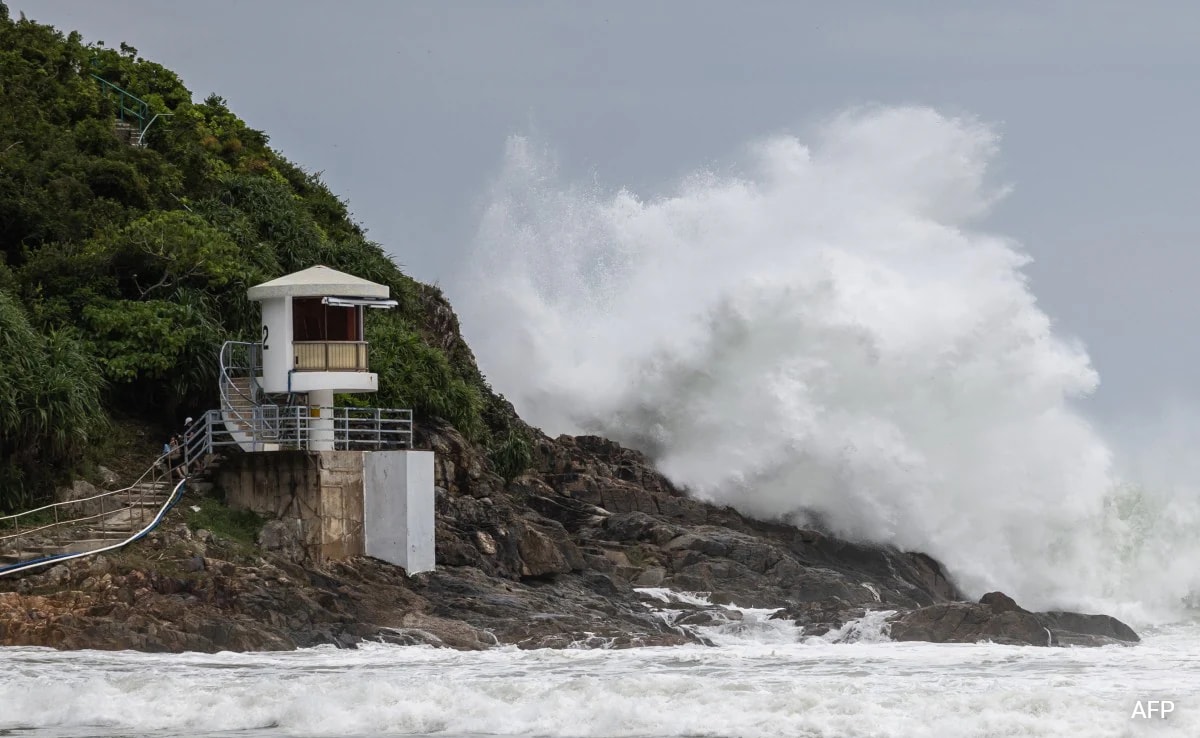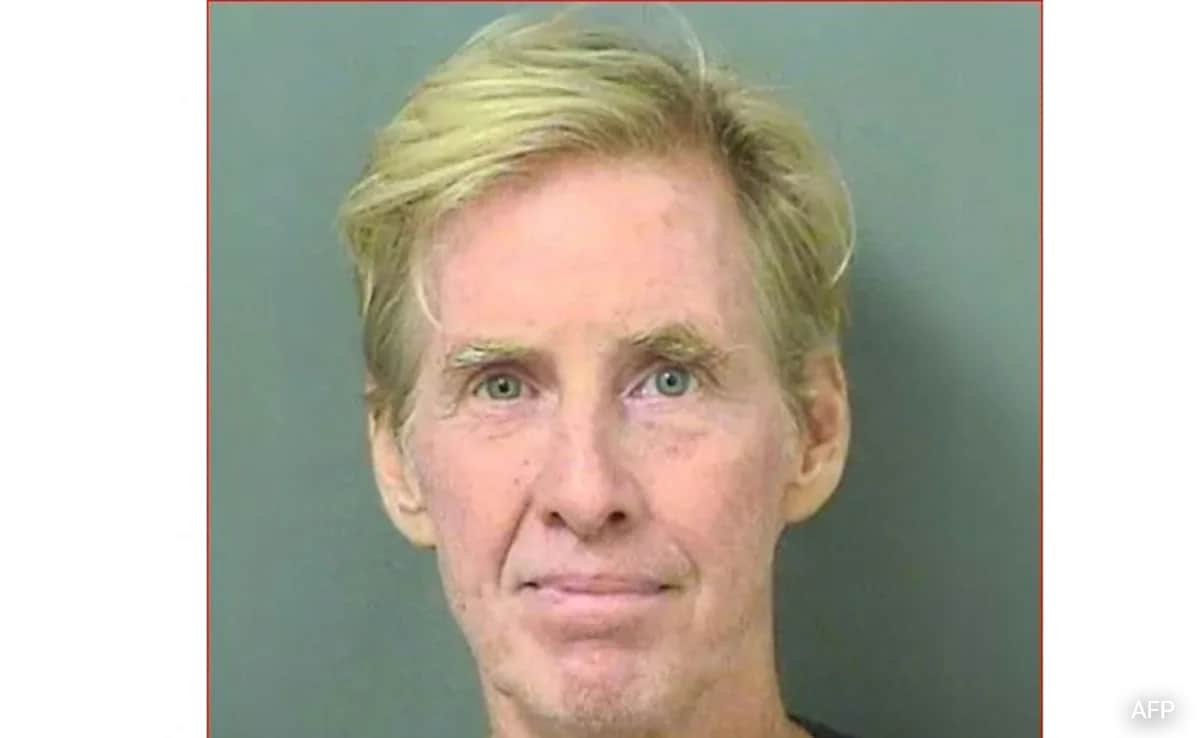âIt became clear to me that remaining in Guatemala and continuing to do my job represented a threat to my life,â she told The Washington Post.
Aifán, 46, fled to Washington, where a growing number of high-level Guatemalan judges and prosecutors have sought exile in the last year from a government that has repeatedly detained judicial officials who were overseeing cases involving institutional corruption.
The governmentâs attempt to silence Aifà n garnered particular attention because the United States had repeatedly held her up as an example of judicial independence. The Biden administration invited her to Washington last year to receive a leadership award from Secretary of State Antony Blinken and first lady Jill Biden. The State Department released several statements in her defense as the Guatemalan government pursued its case against her.
That case â in which prosecutors accused her of âabuse of authorityâ without presenting any evidence publicly â showed the limits of U.S. power in the country. The Biden administration says bolstering anticorruption programs and improving governance in Central America are essential to deterring illegal migration. Vice President Harris traveled to Guatemala not long after taking office to emphasize the importance of an independent judiciary.
But the relationship between the two governments has grown increasingly strained. Last year, the United States put several senior Guatemalan officials, including Attorney General Consuelo Porras, on its list of âcorrupt and undemocratic actors.â It warned the government over and over to drop the case against Aifán.
The U.S. ambassador to Guatemala attended a hearing in the case against Aifà n to show U.S. support for her. But the gesture appears to have yielded little. Not only did the Guatemalan government not drop the charges, but Guatemalan officials expressed deep frustration at what they said was Washington meddling in domestic affairs.
Aifán has grown ambivalent about the usefulness of U.S. backing in a country that seems uninterested in bending to international pressure.
âI appreciate all of the U.S. support for my work and the work of an independent Guatemalan judiciary,â Aifán said. âBut that support did not have the impact they had hoped.â
In a story published by The Washington Post last month, Aifán described the governmentâs attempts to threaten and pressure her, including flying a surveillance drone outside her 14th floor office.
Aifán left Guatemala on March 10. She wasnât planning a permanent move. She had a few weeks off from work and wanted a break from the immense pressure and threats against her. She packed a single suitcase.
But in recent days, when she learned that the supreme court was planning to strip her judicial immunity, a step that would make her vulnerable to detention, she felt she had no choice but to resign.
âThis is something I never wanted to do,â she said through tears. âItâs so painful to walk away from 20 years of work.â
Aifán said she is not yet sure if sheâll apply for asylum in the United States or seek another status in a different country. Sheâs now staying in a friendâs guest room. But she says returning to Guatemala could put her in grave danger. In Washington, she has met with Claudia Mendoza, a former Guatemalan magistrate, and Judge Gloria Patricia Porras Escobar, a former judge, both living in exile after fleeing threats.
âAs weâve seen elsewhere, a dying justice system gives rise to all kinds of extremism and authoritarian behaviors that ruin democracy,â said Eric Olson, director of policy at the Seattle International Foundation. âSadly, the witch hunt against Judge Aifán has become symbolic of the continued decline of Guatemalaâs democracy.â
Advocates have helped support the growing number of exiled Guatemalan judicial officials, but say it has been difficult for many to land full-time jobs and find suitable places to live.
In Aifán absence, itâs unclear who will inherit her caseload. She had collected witness testimony alleging that President Alejandro Giammattei funded his 2019 campaign with $2.6 million in bribes from powerful construction companies. He has denied the allegations. Aifán also handled cases of military commanders and congressmen accused of money laundering and corruption.
When The Post asked the office of the Guatemalan Attorney General last month about the case against Aifán, the office denied it was politically motivated.
The office said it did not âconduct investigations based on political matters. What we pursue is an objective and impartial investigation.â
Not long ago, the U.N.-backed International Commission against Impunity in Guatemala, or CICIG, was considered one of Central Americaâs most notable judicial triumphs. The commission helped prosecutors build investigations against some of the countryâs most powerful officials.
When CICIG was shuttered in 2019, judges such as Aifán shouldered the work of continuing anti-corruption investigations. But recently, former CICIG employees have been targeted. The former head of the commission, Leily Santizo, was arrested by Guatemalan police in February. Eva Sosa, another former prosecutor who worked with CICIG, was also that month.
Even after learning of their arrests, Aifán had hoped that her position would be protected, that the government would not come for her next.
âWhat happened to me is an indication of just how bad things have become,â she said.
.png)











 English (United States) ·
English (United States) ·  Turkish (Turkey) ·
Turkish (Turkey) ·